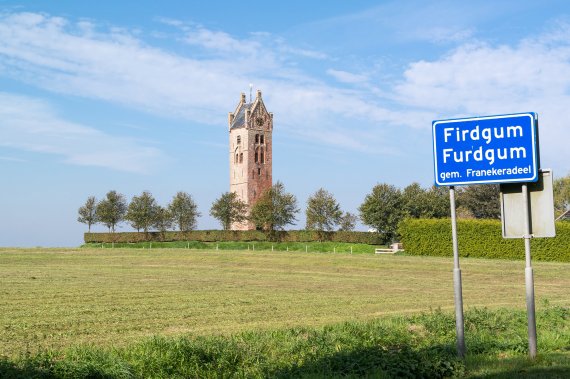Commentary by Martine Hinrichs, Master’s student of Consumer Studies
‘I can imagine why the Frisian National Party has decided to allow communication in Dutch. It would be crazy if people couldn’t join the party because they are Dutch speakers, when they want to stand up for Friesland.
I think the main problem is that people want to hold on to Frisian but that fewer and fewer people speak it. The question is then: how strongly should you stick to that? People are afraid that if we let that tradition go, Frisian will slowly die out. And that is a dilemma. On the one hand you want to be hospitable and open to Dutch or to people who only speak Dutch. And on the other hand, you are afraid of losing the Frisian language. In the bigger cities, for instance, less and less Frisian is spoken, and that does feel like a kind of impoverishment. It is becoming easier all the time to avoid speaking Frisian. Whereas Frisians should be proud of their language. It is also more and more noticeable that parents speak Frisian but their children answer them in Dutch.
My whole family speaks Frisian. Dutch is my second language. Now that I’ve got a boyfriend from Amersfoort who doesn’t speak Frisian, it’s quite a switch for the rest of my family to make. But they don’t mind that he’s not Frisian. In some families that is an issue, especially in small villages. Then the parents are afraid their grandchildren won’t learn Frisian.
I can understand that somehow. I would think it was a pity too, of my children didn’t speak Frisian.’

